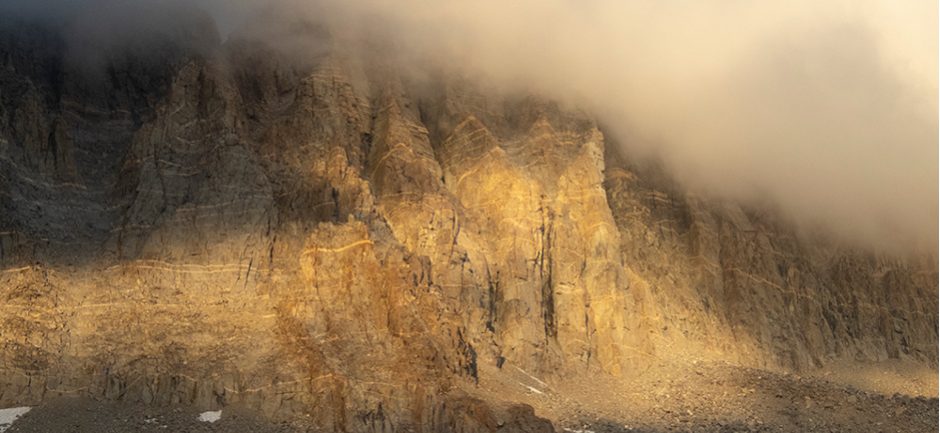Ta-Nehisi Coates‘ “Between the World and Me” is a powerful book. While reading the last chapter I noticed a rhythmic drive like poetry has. This fits the definition of prose poetry, “a piece of writing in prose having obvious poetic qualities, including intensity, compactness, prominent rhythms, and imagery.” With a little work, I found the form of poetry, line breaks that don’t necessarily follow sentence structure. Here is my imagining of the the last paragraph as poetry. I’ve read it several times at poetry open mics and it works. Last night I redid it with line breaks from memory. It is part of an open letter to his son, Samori. The Mecca refers to Howard University and its community.
I drove away from the house of Dr. Jones, thinking of you. I do not believe that we can stop them, Samori, because they must ultimately stop themselves. And still I urge you to struggle. Struggle for the memory of your ancestors. Struggle for wisdom, for the warmth of The Mecca. Struggle for your grandmother and grandfather, for your name. But don't struggle for the Dreamers. Hope for them. Pray for them, if you are so moved. But do not pin your struggle on their conversion. The Dreamers will have to learn to struggle themselves, to understand that the field for their Dream, the stage where they have painted themselves white, is the deathbed for us all. The Dream is the same habit that endangers the planet, the same habit that sees our bodies stowed away in prisons and ghettos. I saw these ghettos driving back from Dr. Jones's home. They were the same ghettos I had seen in Chicago all those years ago, the same ghettos where my mother was raised, where my father was raised. Through the windshield I saw the mark of these ghettos— the abundance of beauty shops, churches, liquor stores, crumbling housing—and I felt the old fear. Through the windshield I saw the rain coming down in sheets.
I’ve never been to Chicago or Howard University. In my own mind/imagination, the image in the second to last stanza is 12th St. in East Austin near Chicon. There are a number of Black churches within a mile of here, though none are visible.
